Backlink
What is a Backlink?
A backlink is a link from one website to another. It is also known as an inbound link or incoming link. Backlinks are important in the world of SEO (Search Engine Optimization) because they represent a "vote of confidence" from one site to another. When a website links to another site, it’s seen as an endorsement of the content on that page. Search engines like Google use backlinks as one of the key ranking factors to determine the authority and relevance of a website.
Why is a Backlink Important?
Backlinks are crucial because they help search engines understand the quality and relevance of a website’s content. Websites with a higher number of quality backlinks typically rank higher in search engine results pages (SERPs). This is because backlinks signal to search engines that the content is valuable, trustworthy, and authoritative.
In addition to improving search engine rankings, backlinks can drive referral traffic to your site. When users click on a backlink, they are directed to your website, increasing your site's visibility and potential customer base. Backlinks also help in building relationships with other websites and can enhance your online presence and credibility.
Best Practices for Building Backlinks
1. Create High-Quality Content
The foundation of earning backlinks is to create high-quality, valuable content that others want to link to. This can include informative articles, in-depth guides, original research, infographics, and videos. High-quality content is more likely to attract backlinks naturally.
2. Outreach and Relationship Building
Reach out to other websites, bloggers, and influencers in your industry to build relationships and promote your content. Personalize your outreach messages and explain why your content would be valuable to their audience. Building genuine relationships can lead to more backlink opportunities.
3. Guest Blogging
Write guest posts for reputable websites in your industry. In exchange for providing valuable content, you can include a backlink to your site. Guest blogging not only helps build backlinks but also increases your exposure to a wider audience.
4. Utilize Broken Link Building
Find broken links on other websites that are related to your content. Contact the website owner to inform them about the broken link and suggest your content as a replacement. This helps them fix their site while earning you a valuable backlink.
5. Leverage Social Media
Share your content on social media platforms to increase its visibility. While social media links are typically no-follow (meaning they don’t directly impact SEO), increased visibility can lead to more people discovering and linking to your content.
6. Participate in Industry Forums and Communities
Engage in industry-specific forums, communities, and Q&A sites like Quora and Reddit. Provide valuable insights and link to your content where relevant. This helps establish your authority and can attract backlinks from interested users.
7. Monitor Your Backlink Profile
Use tools like Google Search Console, Ahrefs, or SEMrush to monitor your backlink profile. Keep track of new backlinks and identify any low-quality or spammy links. Disavow harmful backlinks to maintain a healthy backlink profile.
8. Create Link-Worthy Resources
Develop resources that are inherently link-worthy, such as comprehensive guides, original research, interactive tools, and case studies. Resources that offer significant value are more likely to be referenced and linked by other websites.
By following these best practices, you can effectively build and manage backlinks, improving your website’s SEO, authority, and overall online presence.
For more terms, return to the content marketing glossary and freelance writing glossary.

